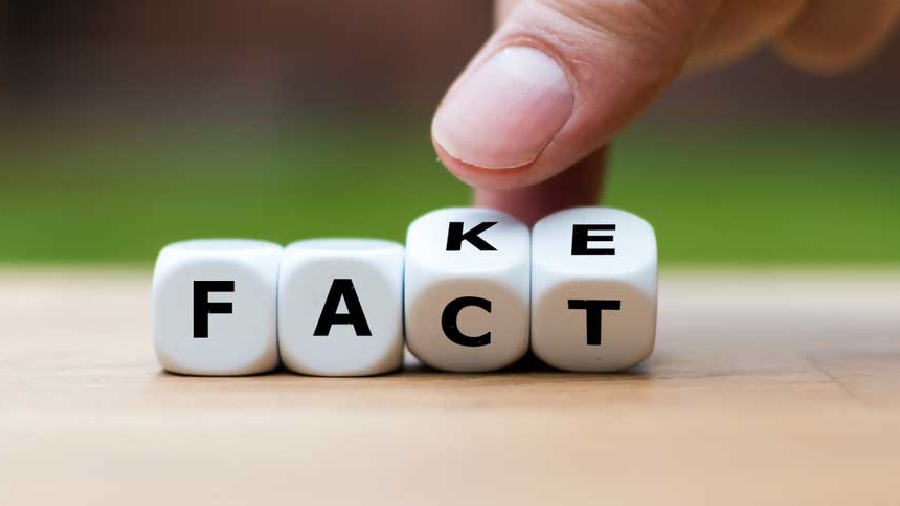There are few greater challenges facing the media than the risks posed by fake news. Yet, the Narendra Modi government’s decision to create a body that will dictate to social media platforms and service providers what news is authentic under the Amendments to the Information Technology (Intermediary Guidelines and Digital Media Ethics Code) Rules, 2021 represents the very worst approach to tackling this menace. Unless platforms pull down news deemed fake by this body, they stand to lose a key legal protection. When this proposal was first unveiled some months earlier, it had met with widespread criticism for what amounts to the government acting as the judge, jury and executioner in determining the credibility of news. At the time, the government had suggested that the Press Information Bureau, which is effectively a team of its spokespersons, would wield this power. The latest iteration of the plan drops references to the PIB, but the substance of the proposal — granting a government agency the power to decide what is false and what is accurate — remains unchanged. This is deeply disturbing for Indian democracy, both philosophically and in practice.
In a democracy, the media are expected to hold those in power to account, calling out their excesses and abuses, strengthening public awareness, and serving as a bulwark against authoritarian tendencies. If the government itself gets to decide what news should be censored online, it will create an Orwellian set-up where uncomfortable truths can be labelled false and dangerous lies allowed to persist as reality. At a time when the shadowy right-wing ecosystem, a Frankenstenian entity, stands accused of peddling falsehoods, such a measure will exponentially magnify — not curb — fake news and blur the lines between fact and fiction. It will turn the fight against fake news, which should be a bipartisan endeavour, into a political project that will lose credibility. For evidence of what this could look like, India needs to only look at the United States of America, which has grappled with a similar debate in recent times. The former president, Donald Trump, weaponised chants of ‘fake news’ to attack news organisations and journalists who were critical of his policies. His successor, Joe Biden, has tried to censor social media content. In April 2022,Mr Biden’s administration set up a body to tackle disinformation, sparking criticism that itwas — much like Mr Modi’s government now —primarily interested in targeting political opponents. Mr Biden hit pause on his plans. Mr Modi must do so too.











